By Sayo Owolabi
The recent appointment of a 32-member Advisory Committee by the Director General of the National Institute for Sports (NIS), Philip Shaibu, is a commendable step toward the long-overdue revitalization of Nigeria’s sports infrastructure. The inclusion of respected figures—veteran administrators, Olympians, and seasoned academics—signals a serious intent to reform.
However, one aspect risks undermining the boldness of this reform: the noticeable absence of younger professionals, especially those in their 30s and early 40s.
If the NIS is truly aiming for innovation, inclusivity, and international relevance, then it must actively diversify not just by gender, region, or discipline—but by age.
Why Youth Matters
Let’s be clear—experience is invaluable. But innovation often comes from those with fresh eyes, digital fluency, and an intimate understanding of modern athletic culture.
Young professionals bring:
• Tech-savvy solutions: from data-driven performance analytics to AI-assisted coaching tools.
• Cultural relevance: better connection with Gen Z and Millennial athletes who make up Nigeria’s sporting pipeline.
• Global exposure: many young Nigerians have trained or worked abroad, with insights into how elite sports systems in countries like the UK, U.S., Germany, Saudi Arabia and South Africa function.
If the NIS seeks to be globally competitive, its advisory structure must reflect this forward-facing approach.
Inclusivity Is Not Complete Without Intergenerational Voices
Inclusion isn’t just about ticking demographic boxes—it’s about creating spaces where different experiences and energies interact productively.
A balanced committee that includes emerging voices would:
• Spark collaborative thinking between older experts and younger disruptors.
• Promote succession planning, ensuring institutional knowledge is passed down.
• Bring innovation and globally effective/relevant initiatives to grow the curriculum of the NIS.
Nigeria’s sports ecosystem is full of 30- and 40-something professionals who are already leading innovations in private academies, tech platforms, and grassroots initiatives. Why aren’t they at the table?

International Best Practices Support It
Globally, we’re seeing a trend: sports bodies are hiring and elevating younger executives and technical advisors who understand the science and business of sport in the 21st century. From the IOC to FIFA, UEFA to the NBA, there’s a recognition that staying competitive requires more than tradition—it requires transformation.
If the NIS hopes to align with international standards, its leadership ecosystem must evolve accordingly.
A Call for Balanced Reform
This is not a call to replace experienced hands—it’s a call to expand the table. Let the wisdom of the past guide, but allow the vision of the future to lead.
If DG Philip Shaibu’s agenda is truly transformative, then Phase Two must be clear: bring “qualified young Nigerians” into the room, not as tokens, but as equals. The future of Nigerian sports depends on it.
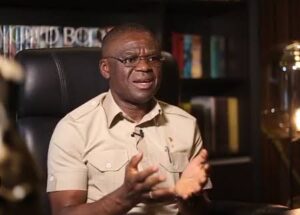














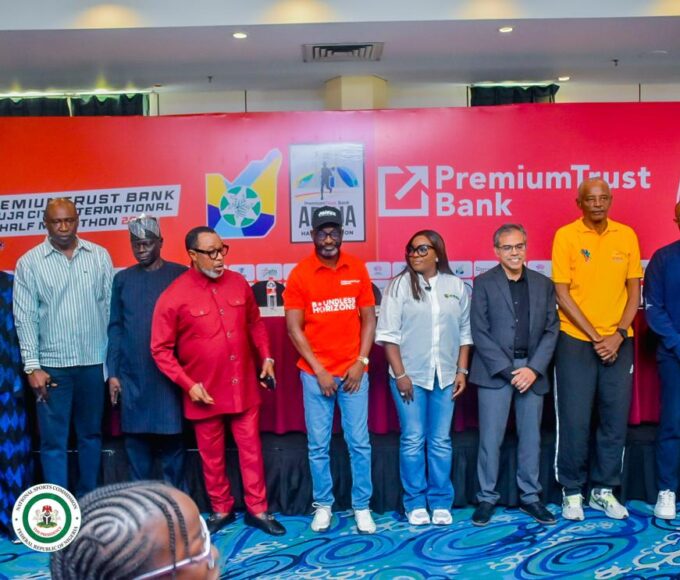
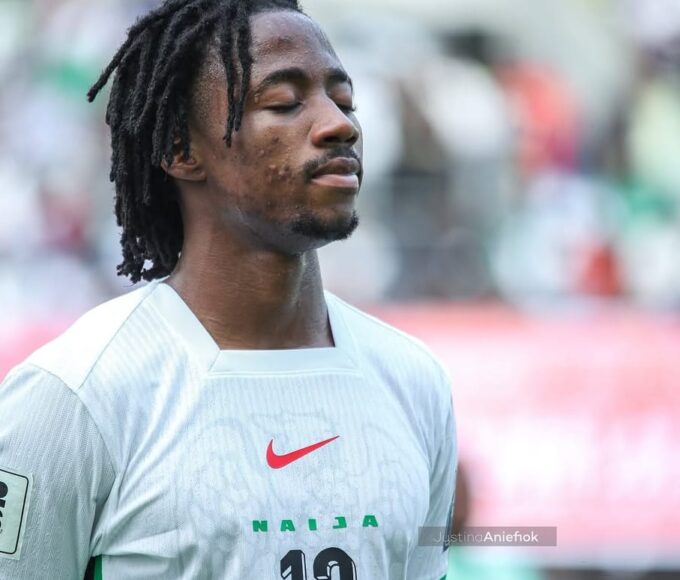
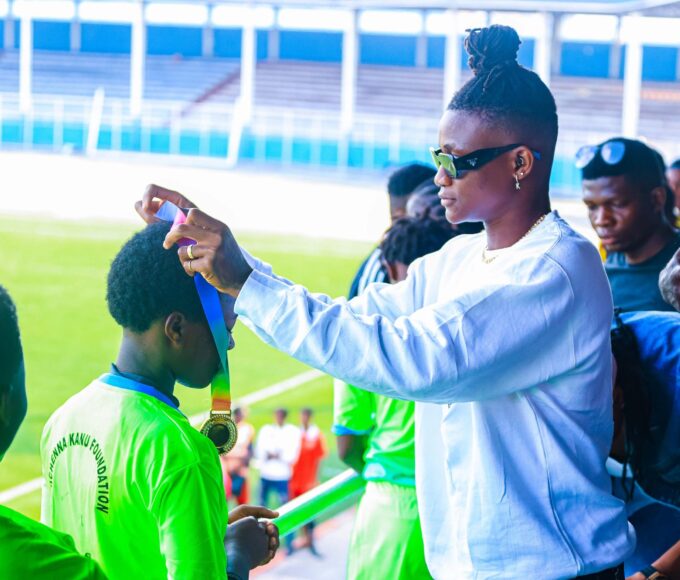
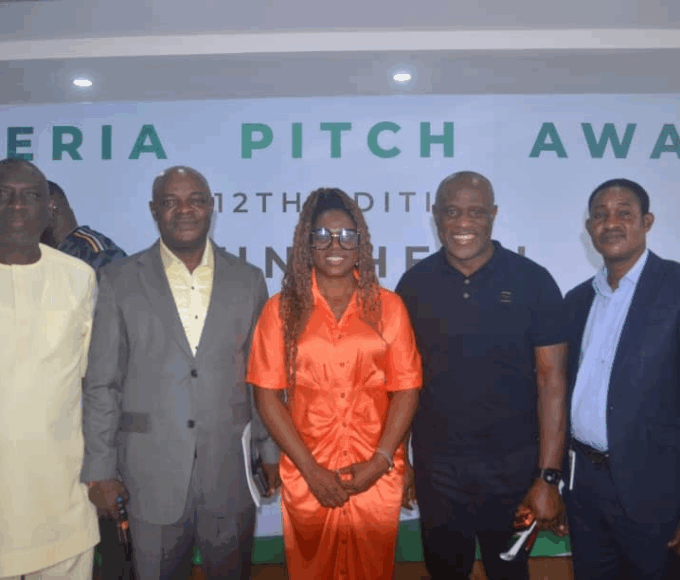
Leave a comment